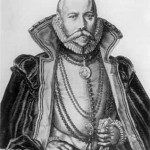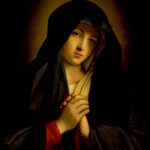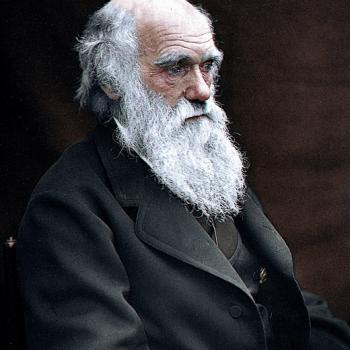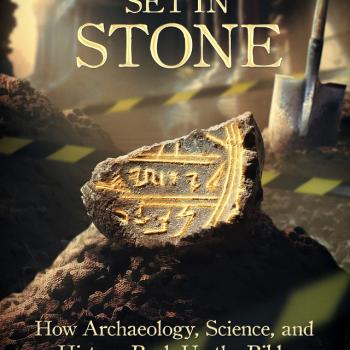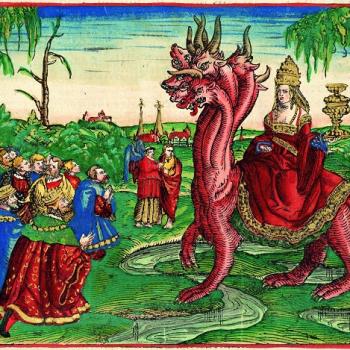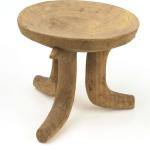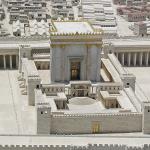***
A link to a portion of St. Thomas Aquinas’ Summa Theologica, called, Whether divination by the stars is unlawful?, was posted on this blog, in comments. This troubled “Paul D.C.” and he wrote:
I was unsettled by what I found there. I am a Catholic convert and mathematician, who has been “hung up” about my past obsessive interest in astrology. I do know about development of doctrine, thanks in part to you, so I don’t expect to find correct doctrine as fully developed in the Summa as in the CCC Catechism.
If someone wanted to mess around with natal charts, the article seems to validate their desire. The implication seems to be that astrology can illuminate the past – just don’t use it to predict the future. This seems to mirror E. Rips in his assessment on predicting future events using the “Bible Codes.” Is this consistent with Catholic teaching? I have strong misgivings about this possibility.
I read this part of the Summa and it seemed to me that Aquinas was simply accepting that part of astrology which seemed to have some scientific value to it: in other words, the aspects of star-watching which were far closer to astronomy than to the occult. Science was not as fully developed in his time, so we would expect to see some such confusion (and partially it was a matter of semantics). It was still there in the 16th century, in Kepler, Tycho, and Galileo, as I have shown in various papers.
For example, if astrologers predicted a solar eclipse, then obviously they had made some observation that was scientific, in that it recognized observable patterns in the sky (“it is evident that those things which happen of necessity can be foreknown by this mean,: even so astrologers forecast a future eclipse.”).
Note that the three objections are not the opinion of St. Thomas. He is disputing them. Then he goes on to dispute the fundamental thesis of astrology: that the stars affect human behavior and decisions, etc.:
In the second place, acts of the free-will, which is the faculty of will and reason, escape the causality of heavenly bodies. For the intellect or reason is not a body, nor the act of a bodily organ, and consequently neither is the will, since it is in the reason, as the Philosopher shows (De Anima iii, 4,9). Now no body can make an impression on an incorporeal body. Wherefore it is impossible for heavenly bodies to make a direct impression on the intellect and will . . .
So he denies the false, occultic part of astrology (which is, of course, the great bulk of it):
Accordingly if anyone take observation of the stars in order to foreknow casual or fortuitous future events, or to know with certitude future human actions, his conduct is based on a false and vain opinion; and so the operation of the demon introduces itself therein, wherefore it will be a superstitious and unlawful divination.
But he accepts that which simply operates on the same principles as science:
On the other hand if one were to apply the observation of the stars in order to foreknow those future things that are caused by heavenly bodies, for instance, drought or rain and so forth, it will be neither an unlawful nor a superstitious divination.
All that St. Thomas really grants here is some influence of the stars and planets on humans insofar as this is explained in terms of physical causation. That doesn’t involve the occult. We know, for instance, of the influence of the moon on tides. The theory of gravity involves relationships between physical bodies in space. We are pulled to the earth: so the earth itself “influences” our bodies in that way. There seems to be some relationship with lunar cycles and psychologically disturbed people (that was, I believe, the etymological background of the word lunatic).
So I don’t see any problem here. St. Thomas acknowledges that some truth can be found anywhere, but when all is said and done, he ends up by citing St. Augustine in strong disagreement with astrology:
Thus a good Christian should beware of astrologers, and of all impious diviners, especially of those who tell the truth, lest his soul become the dupe of the demons and by making a compact of partnership with them enmesh itself in their fellowship.
As for natal charts: that is still attempting to predict the future, no (by providing information on planetary alignments when one was born)? So that would fall under the recommended prohibitions of St. Thomas Aquinas.
So I don’t see any problem or contradiction here at all.



